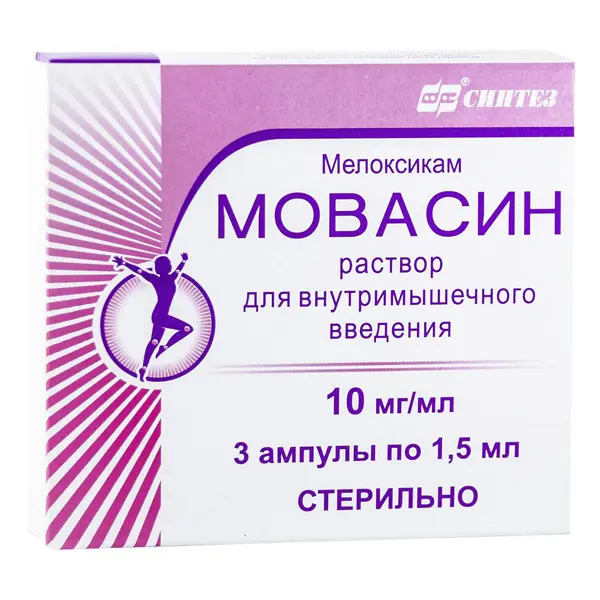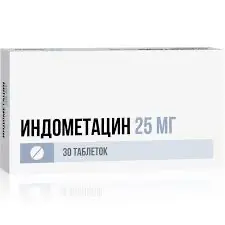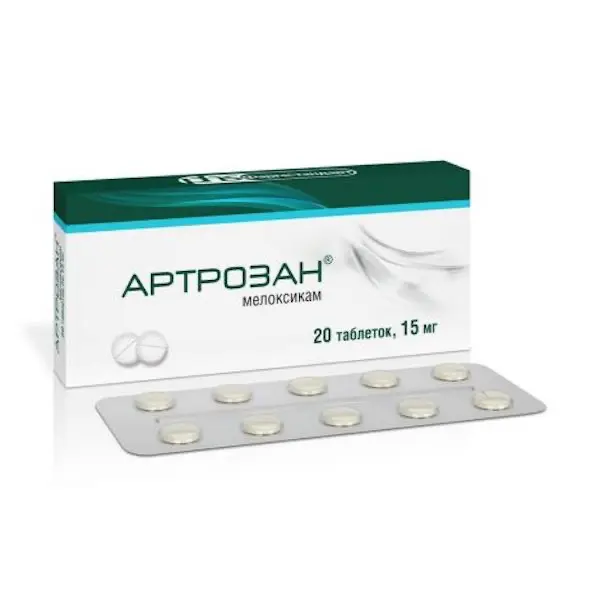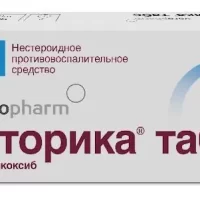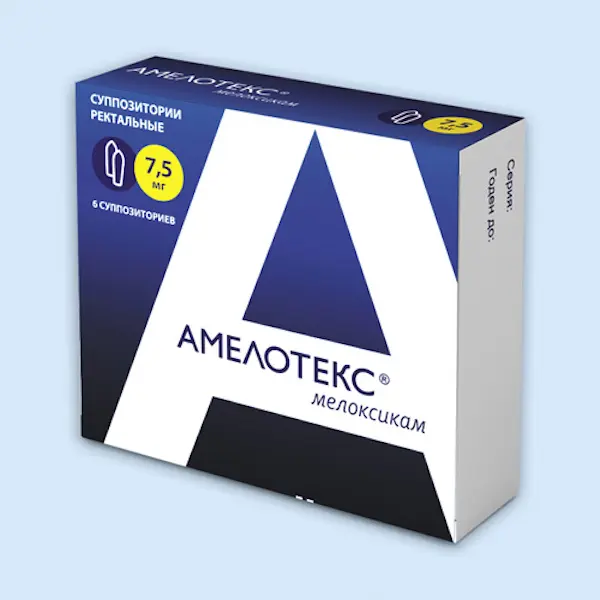Description
Movasin Pharmacodynamics
Meloxicam is a non-steroidal anti-inflammatory drug with analgesic, anti-inflammatory and antipyretic effects. Anti-inflammatory action is associated with inhibition of the enzymatic activity of cyclooxygenase-2 (COX-2), which is involved in the biosynthesis of prostaglandins in the area of inflammation. To a lesser extent, meloxicam acts on cyclooxygenase-1 (COX-1), which is involved in the synthesis of prostaglandin that protects the mucosa of the gastrointestinal tract (GIT) and is involved in the regulation of blood flow in the kidneys.
Indications
Symptomatic treatment of osteoarthritis;
– Symptomatic treatment of rheumatoid arthritis;
– Symptomatic treatment of ankylosing spondylitis (Behterew’s disease).
Contraindications
– Hypersensitivity to the active substance or excipients;
– Contraindicated during the period after coronary artery bypass surgery;
– decompensated heart failure;
– complete or incomplete combination of bronchial asthma, recurrent nasal and paranasal sinus polyposis and intolerance to acetylsalicylic acid and other non-steroidal anti-inflammatory drugs (NSAIDs) (including history);
– erosive-ulcerative changes of the mucous membrane of the stomach and duodenum, active gastrointestinal bleeding;
-acute inflammatory bowel disease (nonspecific ulcerative colitis, Crohn’s disease);
– cerebrovascular bleeding or other bleeding;
– Severe hepatic insufficiency or active liver disease;
– severe renal insufficiency in patients without dialysis (creatinine clearance (CK) less than 30 ml/min), advanced renal disease, including confirmed hyperkalemia;
Dosage and administration
- Intramuscularly. Intramuscular injection is indicated only during the first 2-3 days.
- Further treatment is continued with oral forms (tablets).
- The recommended dose is 7.5 mg or 15 mg once daily, depending on the intensity of pain and severity of the inflammatory process.
- The drug is administered deeply intramuscularly. Intravenous administration of the drug is prohibited!
- In patients with increased risk of adverse reactions, the daily dose should not exceed 7.5 mg.
- In patients with end-stage renal failure who are on hemodialysis, the drug dose should not exceed 7.5 mg. In patients with mild to moderate renal impairment (CKD over 30 ml/min) the drug dose should not exceed 7.5 mg.
- The dosage regimen of the drug for intramuscular injections in children and adolescents has not been defined, this dosage form can be used only in adult patients. The maximum recommended daily dose is 15 mg.
- When combining different dosage forms of the drug, its maximum daily dose in tablets, suppositories and solution for injection is 15 mg.

